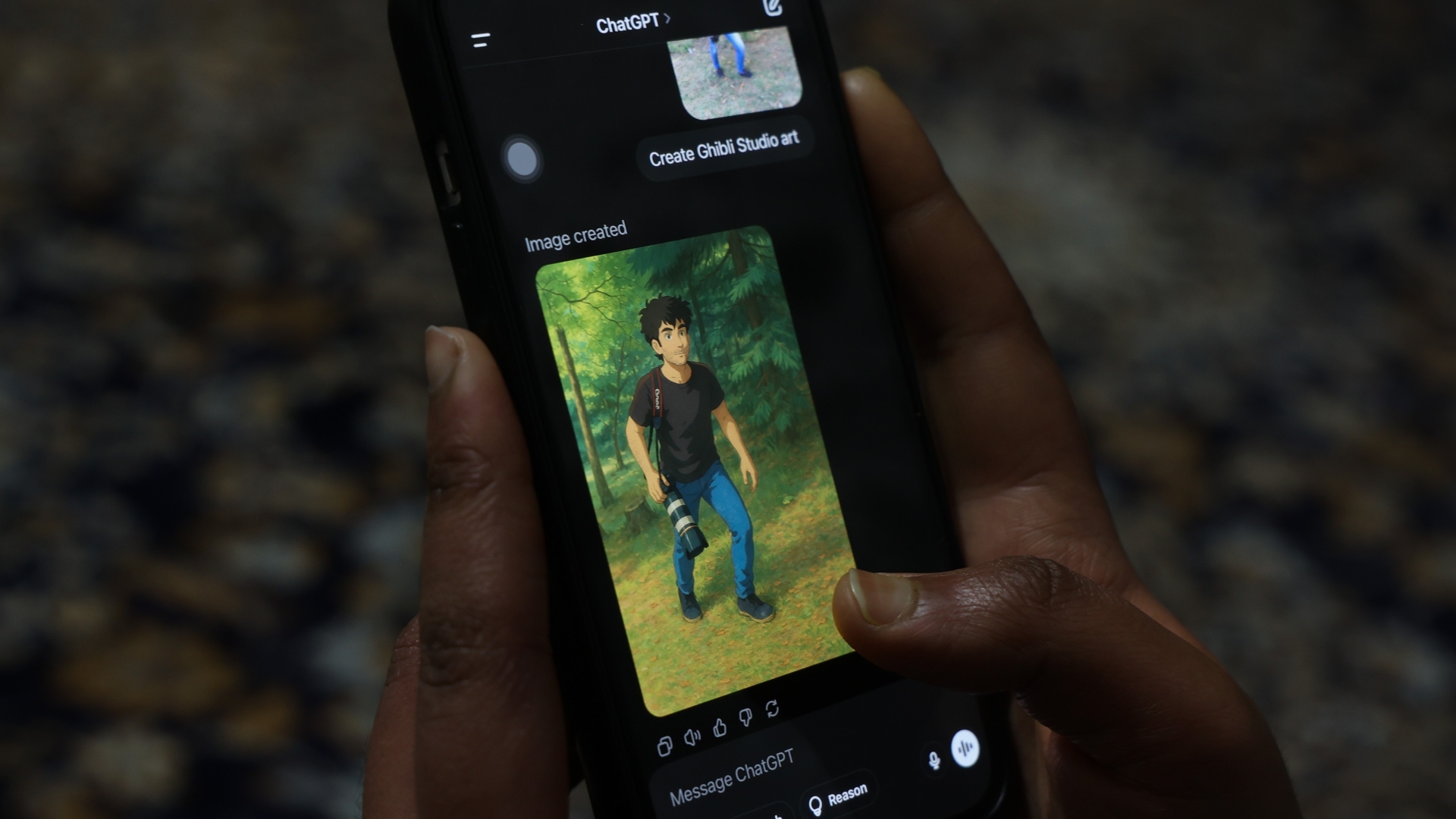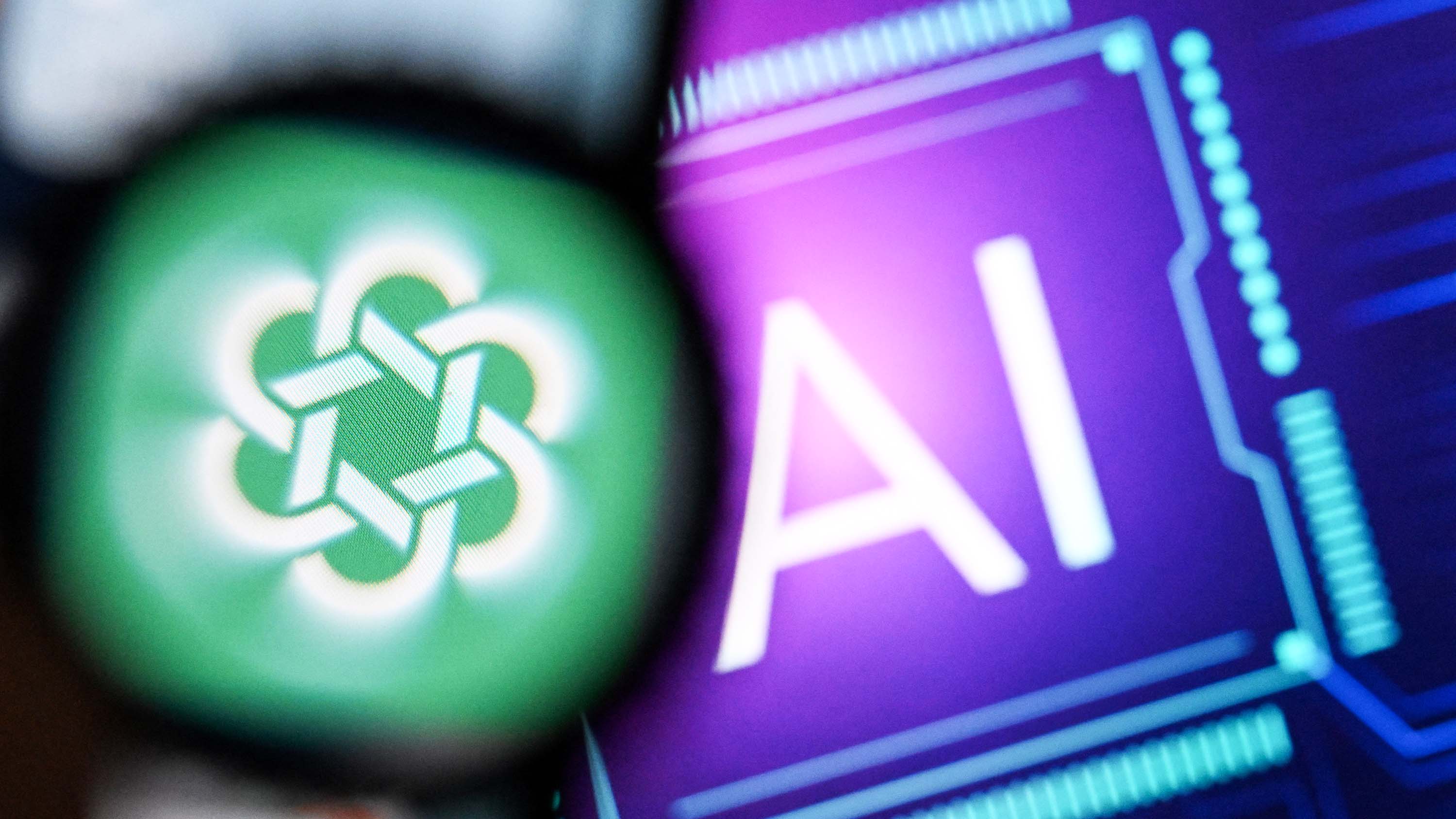
OpenAI's new image generator tool inside GPT-4o recently shipped, and the Internet went wild with the viral Ghibli memes. As a result, the ChatGPT maker was coerced to delay the tool's rollout to free users, with CEO Sam Altman pleading users to chill out with the memes and images.
"Our GPUs are melting," Altman said.
However, while the tool has since shipped to free users, the company recently announced that it's testing embedded watermarks on ChatGPT-4o's image generator.
X user @btibor91 flagged the controversial change, buried in code in version 1.2025.0912509108 beta, with references to "image-gen-watermark-for-free" (via TechRadar).
ChatGPT updates- Student Plus referral program now also available for Colombian students (Universidad Nacional de Colombia)- new mentions of "shared posts" in addition to shared conversation, canvas and deep research in the web app- the new ImageGen watermark is mentioned… pic.twitter.com/j4sYfWJXLBApril 5, 2025
While subtle, the references certainly hint at watermarks for free users. The tool already shipped with “limited access,” restricting free users to three image generations a day.
As it seems, you'll either need ChatGPT's $20 Plus subscription or the more exorbitant $200 plan to make the most out of OpenAI's image generator tool.
There are more complaints

The possibility of OpenAI starting to watermark ChatGPT-4o images for free users isn't the only concern. Some users have lodged complaints, citing new restrictions on OpenAI's new image generator.
Following backlash from artists, ChatGPT-4o's image generation capabilities have seemingly been censored. Some users have raised concerns on social media, citing error messages when trying to generate Studio Ghibli-inspired images.
Several users indicated that they received a copyright violation error when trying to generate Ghibli memes.
"OpenAI has restrictions on generating images in the style of specific artists," the AI-powered tool explained.
"This is due to copyright and intellectual property concerns."
I previously reported on the possibility of OpenAI heavily censoring its new image generator tool due to backlash from users and concerns from regulators. However, like many AI-powered image generator tools, censorship will quickly lobotomize its capabilities, predictably ending user interest.







